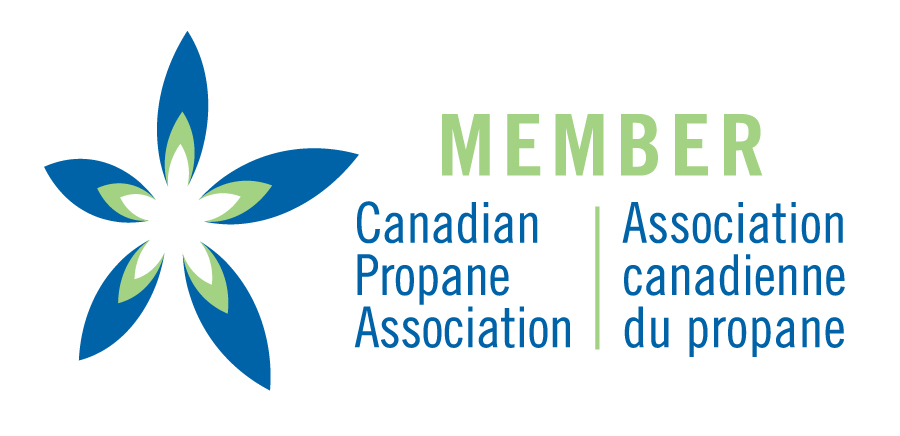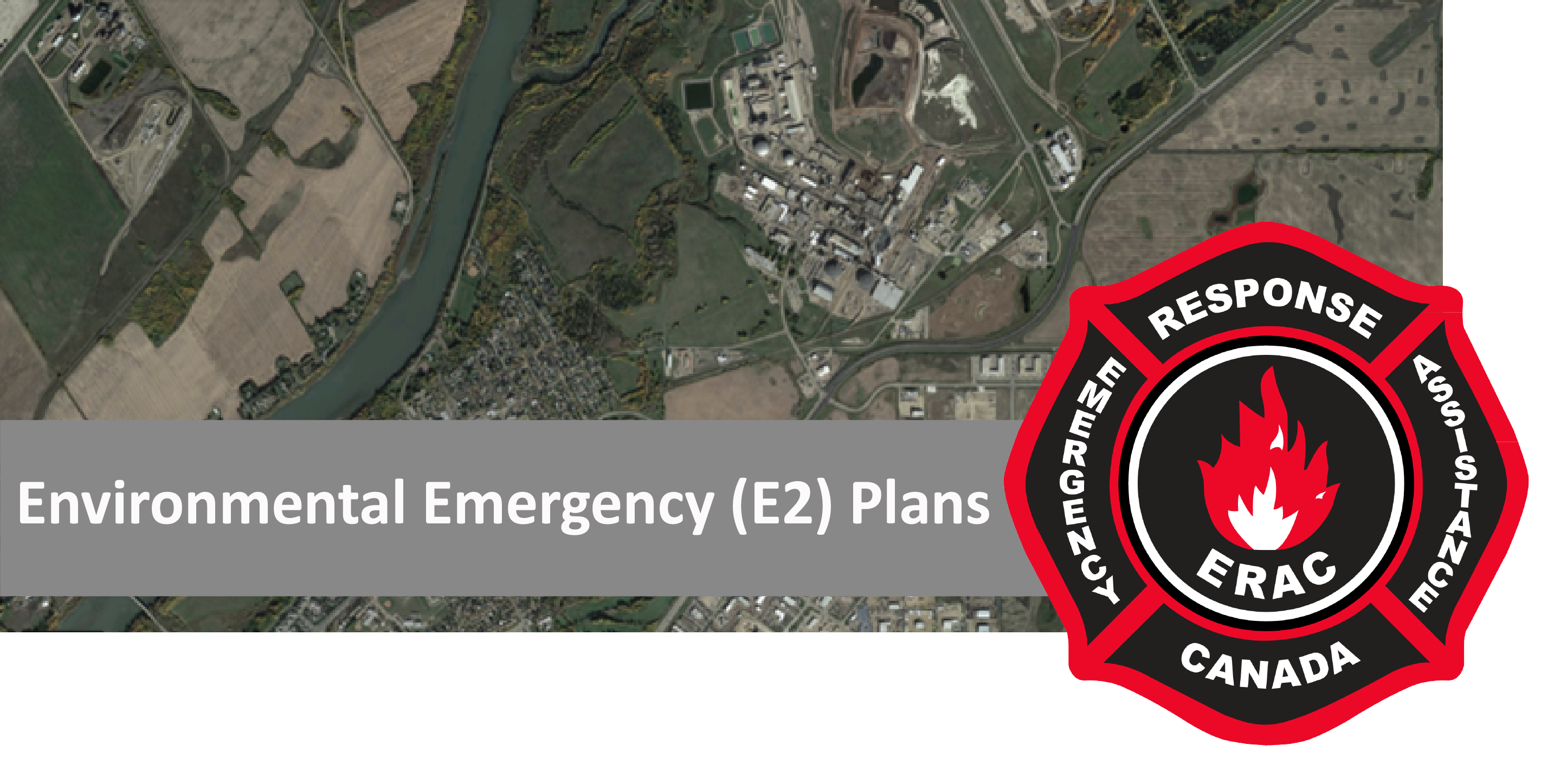On April 17, 2017, Nathalie St-Pierre joined the Canadian Propane Association (CPA) as President and Chief Executive Officer. Prior to joining the CPA, Nathalie served as Vice-President Sustainability and Executive Director fo  r Québec for the Retail Council of Canada since 2011.
She brings over twenty years of experience in both private and not-for-profit sectors, with a record of accomplishment in strategic leadership and organizational development. A lawyer and a member of the School of Community and Public Affairs at Concordia University, her knowledge of the energy industry and extensive experience in government relations and communications will be key in moving the CPA forward and increasing outreach to governments as they look for ways to reduce Canada’s carbon footprint.
"I am very honoured to join the CPA team and I look forward to meeting with members across the country to discuss the future of our industry. This is an exciting and critical time as we look to expand the propane industry’s strategic role, increase its profile at all levels of government, and further promote its vital role in the Canadian energy sector," says Nathalie.
Nathalie can be reached at nathaliestpierre@propane.ca or 613.914.1370.
|
It’s clear from
the recently tabled 2017 budget, the federal government is making the
environment a top priority. For the propane industry, the budget
provides opportunities to expand the use of propane in many of its
applications, including transportation, industrial, residential,
institutional, and agricultural.
Budget highlights include:
- Proposing $229 million over four years to Natural Resources Canada and Transport Canada to continue R&D activities.
- Reducing reliance on diesel in Indigenous and Northern Communities, with more than $620 million being proposed to communities south of the 60th parallel to fund more sustainable, renewable power solutions and address energy security.
- Reducing emissions from federal operations by allocating $13.5 million to energy efficiency and clean energy technologies, retrofitting federal buildings, and reducing or eliminating emissions from vehicle fleets.
- Allocating $75 million to a new initiative, the Impact Canada Fund, to address such challenges as helping rural and remote communities reduce reliance on diesel.
CPA members view The Grid for additional budget details.
|
During the past few months, the CPA and BC Committee members launched meetings to advance propane to the BC Environment, Energy, and Transportation and Infrastructure Ministries. Key topics included exploring how propane can play a role in reducing BC’s transportation-related greenhouse gas (GHG) emissions, presently accounting for 39% of its emissions.
The first meeting took place on March 15 with BC Environment Minister Mary Polak and her Chief of Staff Martina Kapac de Frias. The CPA and BC Committee members Brian Osland and Willie Stephen discussed how propane can make an immediate impact on the BC government’s GHG reduction targets. The ministry was receptive to the proposals offered, which included adding alternative fuel vehicles to the high occupancy vehicle (HOV) lane to motivate drivers to switch to more GHG friendly driving practices, as well as the environmental and economic benefits in return to base fleet operations.
|
The Department of Transport is proposing changes to outdated marine provisions in the Transportation of Dangerous Goods Regulations (TDG Regulations) and issued Regulations Amending the Transportation of Dangerous Goods Regulations (Marine Provisions), which were published in Part 1 of the Canada Gazette on April 1, 2017.
The TDG Regulations currently refer to terms and definitions that are no longer in the Canada Shipping Act, 2001 (CSA 2001) or in regulations made under the CSA 2001, such as the Cargo, Fumigation and Tackle Regulations (CFTR) and the Vessel Certificates Regulations. In addition, there are other differences between the TDG Regulations and the CFTR, which pose challenges for regulatees. Transport Canada is seeking feedback to the proposed amendments until May 1, 2017. CPA members, please view The Grid for details. The final amendment will be published in the Canada Gazette, Part II.
|
The Transportation of Dangerous Goods Directorate updated the Transport Canada Standard TP14877, Containers for Transport of Dangerous Goods by Rail, December 2013. The standard covers large means of containment used in the offering for transport, handling and transport of dangerous goods by rail. Highlights of the updated standard include: incorporating external technical requirements, updating the dangerous goods list to align with the 19th edition of the United Nations Model Regulations on the Transport of Dangerous Goods, updating technical requirements for Class 3, Flammable Liquids, improving harmonization between tank car requirements in Canada and the US, and updating material of construction requirements for tank cars. CPA members please view The Grid for more information.
|
The amendment to Part 8 of the TDG Regulations came into force on December 1, 2016. Consult Part 8 of the TDG Regulations or The Grid for more information on the new reporting requirements and criteria for submitting the 30-Day Follow-up Report. The procedure to submit the Report remains the same.
|
CAR Prairie Trade Show 
CPA Western Regional Manager Matt Haley and Propane Training Institute (PTI) Senior Director Gerald Thompson hosted a booth at the CRA Prairie Regional Trade Show in Edmonton on March 11. In addition to representing CPA members and building new relationships, Matt and Gerald developed opportunities to give formal presentations at CRA member events throughout 2017.
CAR Ontario Conference
CPA Ontario Regional Manager Peter Maddox and PTI Senior Technical Advisor George Olah hosted a booth at the CRA Ontario Conference in Guelph on March 22. Peter and George were successful in improving the visibility of the CPA and the services offered by PTI, which help simplify operational and regulatory requirements for propane in Ontario.
|
 The CPA attended the Vancouver International Auto Show held March 27 - April 2, 2017 with John Wayne MacMullin, Magnuson Ford, and Willie Stephen, Maxquip. The team created awareness and advocated propane as an economical, greenhouse-gas friendly alternative to traditional gasoline and diesel-powered vehicles to top auto manufacturers. The CPA attended the Vancouver International Auto Show held March 27 - April 2, 2017 with John Wayne MacMullin, Magnuson Ford, and Willie Stephen, Maxquip. The team created awareness and advocated propane as an economical, greenhouse-gas friendly alternative to traditional gasoline and diesel-powered vehicles to top auto manufacturers.
|
The CPA is pleased to  offer member companies the official CPA logo for use in marketing and promotional materials.
This logo can be used by current CPA members on member company websites, brochures, magazine ads, and any other material to indicate they are a member of the Association. It is available in both English and French, and can be downloaded from The Grid.
|
PTI and CPA staff, along with key supporting members of the CPA, have officially proposed a model by which owners and operators of propane-fuelled vehicles may fill their vehicles at card-lock facilities without the completion of a full Technical Standards Safety Authority-approved Propane Plant Operator Record of Training. The model simplifies the current requirement by focusing training on specific dispenser site equipment, along with verification of competency by facility supervisors. Stay tuned for developments.
|
Building on the recent success of the 200-11 Auto Propane Conversion and Inspection Program, PTI has developed two new programs related to vehicles and equipment, subject to the Canadian Standard Association B149.5-15. 200-08 Working with Propane Fuel Systems on Motor Vehicles is now available for mechanics who work on or around propane-fuelled highway vehicles, but do not install these systems. The second program, 200-12 Propane-Fuelled Industrial Equipment Service and Maintenance is being launched to improve support for mechanics working on non-highway equipment. Both courses will be evaluated by regional Authority(ies) Having Jurisdiction for recognition or approval in the coming months.
|
Environment and Climate Change Canada now requires industries storing or producing large volumes of hazardous substances at their facilities to have an Environmental Emergency (E2) Plan.
To assist organizations in their compliance, ERAC is expanding their services to incorporate E2 Plans. This includes the
development of new E2 plans, the review and edit of existing E2 plans,
as well as the development and oversight of E2 drills and exercises. To
learn more, visit the ERAC website.
Stay in touch with ERAC! Sign Up to receive ERAC's quarterly newsletter and get interesting news and updates delivered directly to your inbox.

|
National Energy Board LPG Underground Inventory Report:
April 2017
|
Any person or company that owns or that has the charge, management or control of a substance listed in Schedule 1 of the Environmental Emergency Regulations, where the maximum expected quantity of the substance and the container maximum capacity in which the substance is stored, is equal to or exceeds the specified threshold quantities set out in column 3 of Schedule 1 for that substance, will be required to prepare, implement and test an environmental emergency plan specific to the place where the substance is located, and notify Environment Canada accordingly.
For propane, the threshold is 4.50 metric tonnes.
|
|
| |
|

